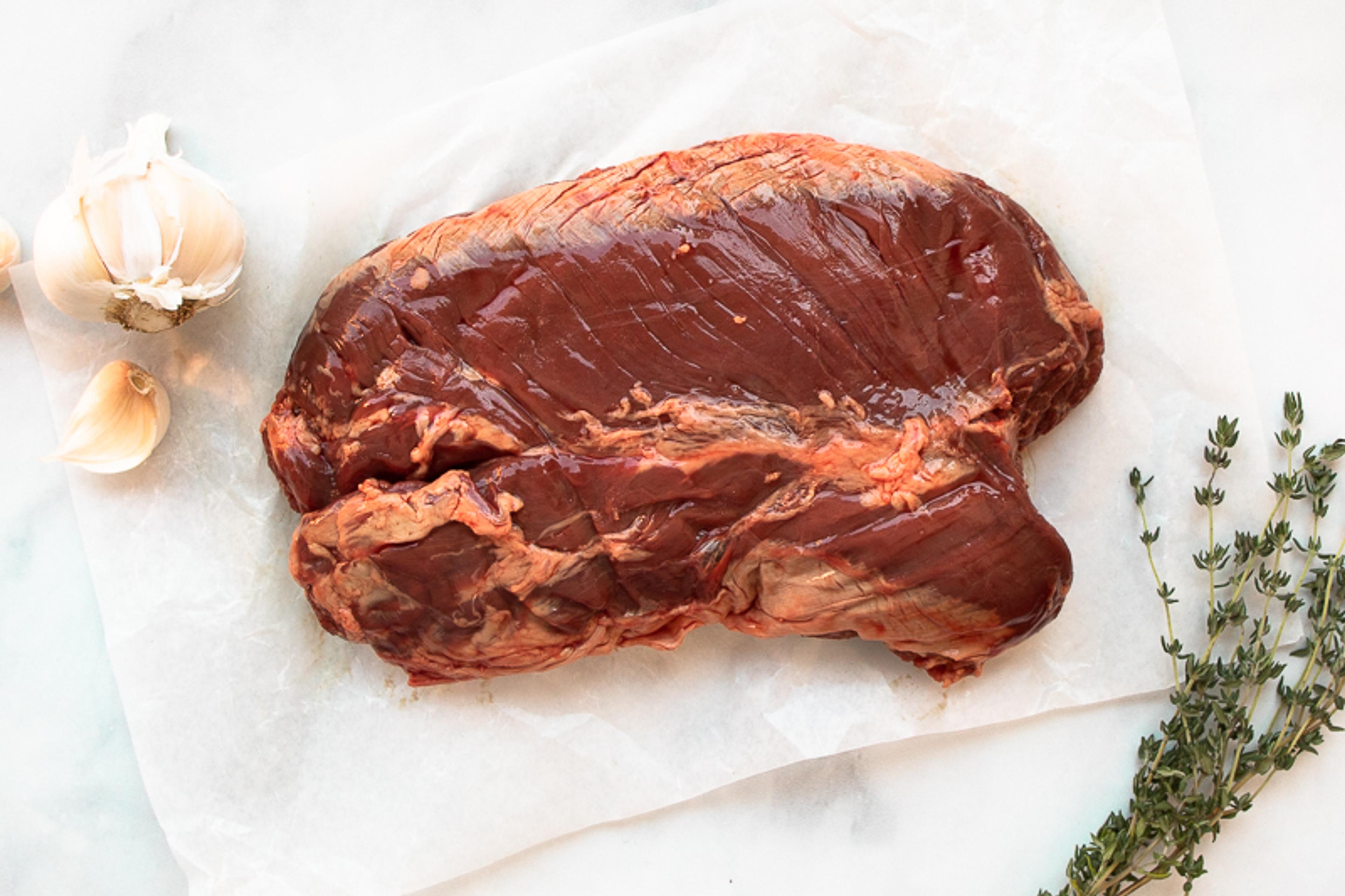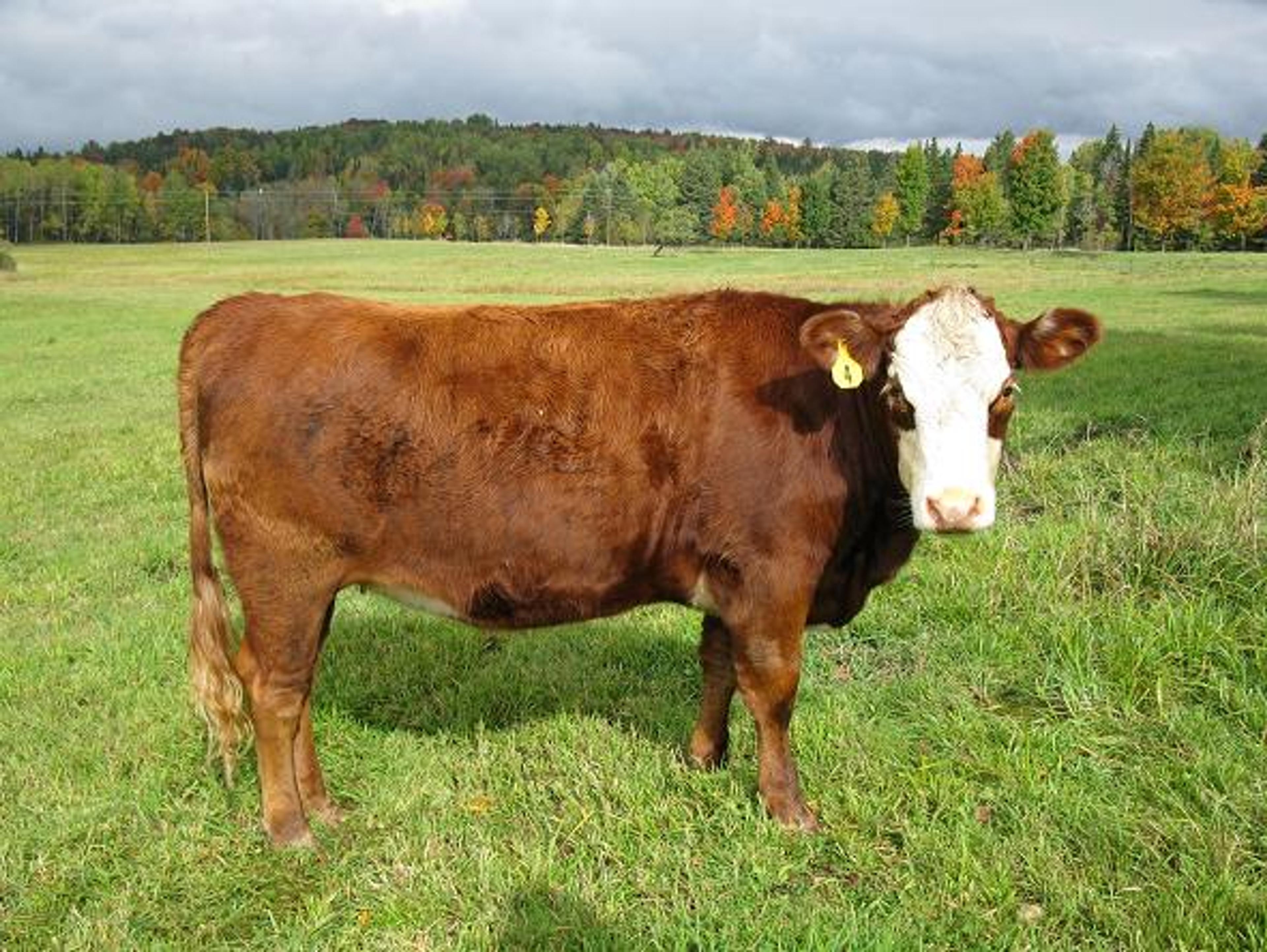1.3-2.6 lbs, avg $46.78
$23.99/ lb
Hanger steak is taken from the plate section of the cow, specifically from the diaphragm muscle. It's located near the kidney and is attached to the last rib and spine, hanging loosely (hence the name "hanger steak"). Each cow has only one hanger steak, making it a relatively rare cut.
Hanger steak is great served thinly sliced against the grain to maximize tenderness. It pairs well with bold flavors and marinades, such as garlic, rosemary, balsamic vinegar, and soy sauce. Hanger steak is commonly used in dishes like steak salads, sandwiches, tacos, and stir-fries.
This item is charged at the maximum weight. Upon delivery, your item is weighed, and a credit is issued to your account for the price difference. If your item is overweight, enjoy the extra on us!
We source whole animals through our grass-fed farm partners, meaning we commit to an entire cow at a time rather than just selecting popular cuts. This approach ensures minimal waste, supports sustainable farming, and honors the full value of the animal. However, it also means that the supply of each individual cut is naturally limited - there's only 1 hanger steak per cow!

